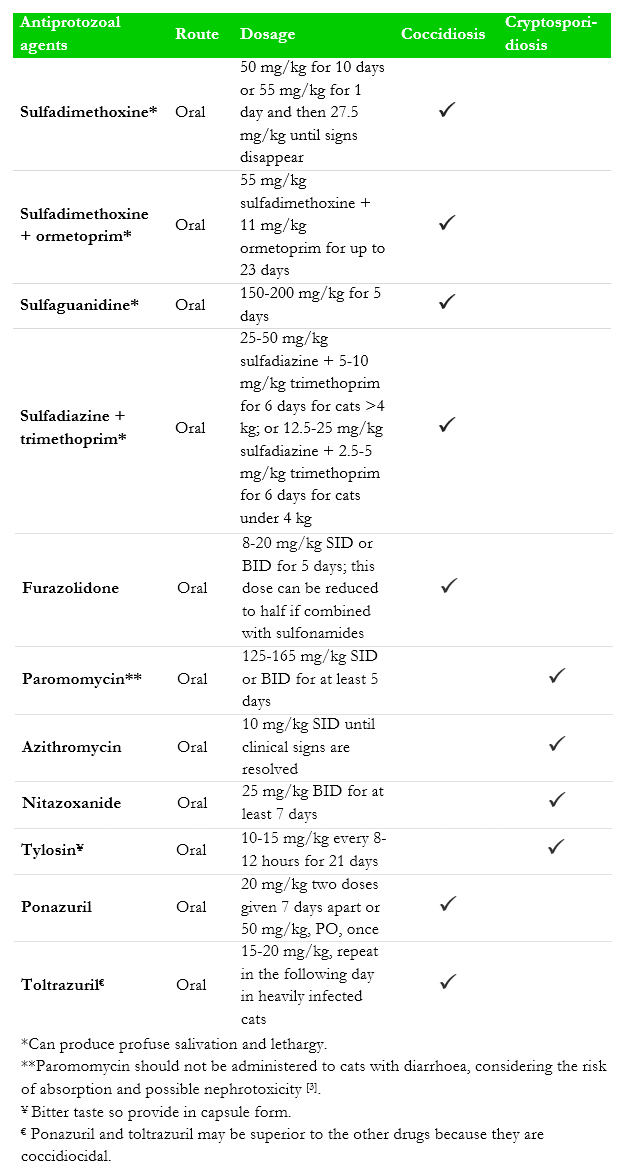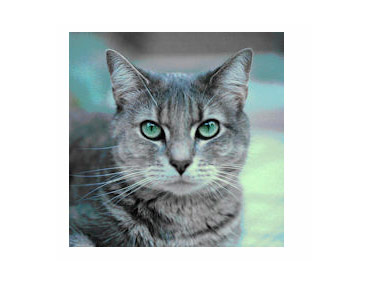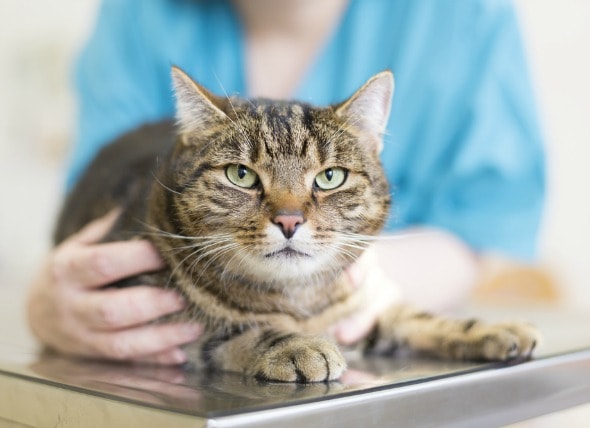crypto treatment in cats
Treatment of Cryptococcosis in Cats The goal of treatment of cryptococcosis in cats is to rid the body of the infectious fungi. Few drugs are consistently effective against Cryptosporidium.
For cats and kittens that have symptoms watery diarrhea antibiotics are the preferred treatment but none are consistently effective against Crypto.
/ginger-cat-relaxing-1142424184-4e02175d72634795b60258da0a521b5f.jpg)
. Of the remaining 28 cats treatment response was classified as success in 16 cats 57 as improvement in 8 cats 29 and as a fail- ure in 4 14. The failures were due to death or eu-. Boil your cats drinking water to assure that it is clean.
Treatment involves prolonged oral antifungal therapy which can last many months as well as surgical excision of any skin lesions. Treatment of cats that are undergoing infection is a difficult as treatment is in humans. These may include Tylosin Paromomycin Clindamycin Azithromycin and Fenbendazole.
Nitazoxanide appears to be well tolerated and different treatment regimens have been used for a variety of infections. A number of mammalian species including rodents calves dogs cats and people can develop gastrointestinal tract disease due to infection with the organism. Treatment of Cryptosporidiosis in Animals Symptomatic treatment in form of oral or parenteral fluid and electrolyte replacement Nutritional support and administration of antidiarrheal remedies There are no currently licensed therapeutics available in the USA for C parvum infection in food animals.
Associated diarrhea sometimes resolves after administration of tylosin 1015 mgkg PO q12hr azithromycin 10 mgkg PO daily or nitazoxanide 1025 mgkg PO q1224 hr. The basic therapy is the relief of symptoms and increased fluids. Amphotericin B lipid complex 12 mgkg for cats or 23 mgkg for dogs can also be given 3 timeswk for 1215 treatments.
Affected cats ranged from 2 to 15 years-of-age. In many cases diarrhea caused by Cryptosporidium will also improve with a gastro-intestinal diet as well as probiotics. Usually a drug called trimethoprim-sulfonamide is prescribed and given orally to your cat for about a week in order to treat the infection.
Over 100 compounds have been used to attempt to treat Cryptosporidium spp. Cryptococcosis is worldwide the most common systemic fungal disease in cats. Treatment response could not be evaluated in 7 cats because they died during treatment from causes unre- lated to cryptococcosis.
If possible I would like to have more information on the testing done so far and clinical signs of your cats. Increased fluid intake for rehydration which may include feeding the cat increased amounts of moist foods during the. But this therapy is not without potential complications that can include renal failure Gookin et al 1999.
Cryptosporidiosis is a disease caused by the protozoan parasite Cryptosporidium. Treatment Treatment for cryptosporidiosis is generally on an outpatient basis with the recommendation to limit food until the diarrhea has subsided along with an increase in fluids to combat dehydration. Seven-day courses have also been used in early studies for cryptosporidiosis and other parasitic infections 6 7.
Immunocompetent persons with cryptosporidiosis have been treated with multiple 3-day courses of nitazoxanide 5. The following drugs have been used with some success in cases where animals have persistent diarrhea with oocyst shedding. Antibiotics such as clindamycin and tylosin can be used to treat the infection.
It is caused by the C. Evaluation of fenbendazole for treatment of Giardia infection in cats concurrently infected with Cryptosporidium parvum Administration of fenbendazole decreases Giardia cyst shedding to less than detectable numbers in some cats. Amphotericin B can be given SC 0508 mgkg diluted in 045 saline containing 25 dextrose.
Treatment should be continued until the LAT is negative or for 2-4 months past the resolution of any clinical signs. Paromomycin has been used to treat cats with some success Barr et al 1994. Cryptosporidia little protozoan parasites affect cats dogs rodents calves and humans.
In cats Cryptosporidium spp. If an underlying cause of immune suppression is found it too should be treated. Paromomycin is a medication that has been used with some success according to CAPC.
Good hygienic practices regular washing of cages and the washing of bedding in a regular washer and drier will destroy oocysts which are killed when exposed to high temperature over 60C. In extreme cases intravenous fluids may be administered Paromomycin an antibiotic may be administered but does carry the risk of. 400 mL for cats 500 mL for dogs 20 kg 23 times per wk.
2 Sometimes anti-parasitic drugs are tried if antibiotics arent working. Clinical and mycological assessment of 29 cases and evaluation of treatment using orally administered fluconazole Twenty-nine cats with naturally occurring cryptococcosis were evaluated prior to commencing oral fluconazole therapy 25-100 mg every 12 h. 150 mgkg SID for 5 days dogs and cats.
Treatment of Coccidia in Cats In order to treat coccidiosis in a cat showing symptoms your cat will need a specific type of anti-parasitic medication to kill the parasite. Secondary bacterial infections should also be rectified to restore health to the cat. These methods of treatment are as follows.
Contaminated surfaces can be soaked for 20 minutes in 3 hydrogen peroxide 99 kill rate and then rinsed thoroughly. There are no effective medications to treat cryptosporidiosis in cats. Treating cryptosporidiosis in cats can be difficult because infection can easily recur.
A cat with a healthy immune system will rid itself of the parasite in time. The species of the organism that affects mammals most commonly is Cryptosporidium parvum. Treatment typically includes antibiotics.
Some veterinarians may prescribe antiprotozoal drugs to treat immunocompromised cats. Symptoms include diarrhea fever and lack of appetite. Infections in mammals and no compound is consistently effective.
Supportive fluid therapy can help counteract the dehydration that often occurs with most cases of diarrhea. Neoformans-Cgattii species complex which includes eight genotypes and some subtypes strains with different geographical distribution pathogenicity and antimicrobial susceptibility.
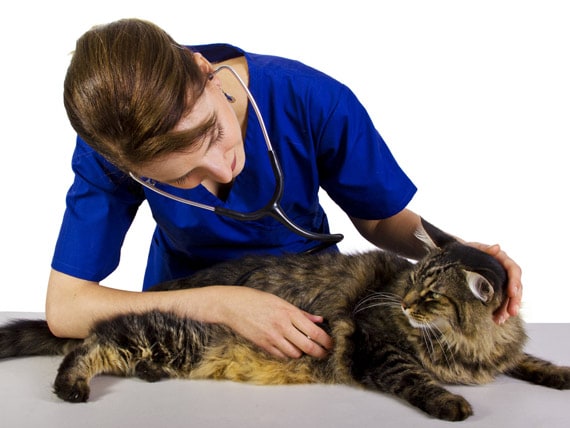
Intestinal Parasite Cryptosporidium In Cats Petmd

Tritrichomonas Foetus Infection In Cats International Cat Care
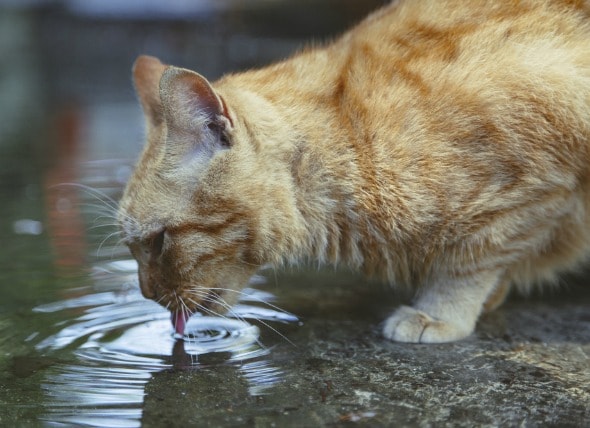
Intestinal Parasite Cryptosporidium In Cats Petmd

Tapeworm Tabs For Dogs Cats Cat Medication Cat Symptoms Cats
Praziquantel And Pyrantel Pamoate For Cats Nexgen Pharmaceuticals
